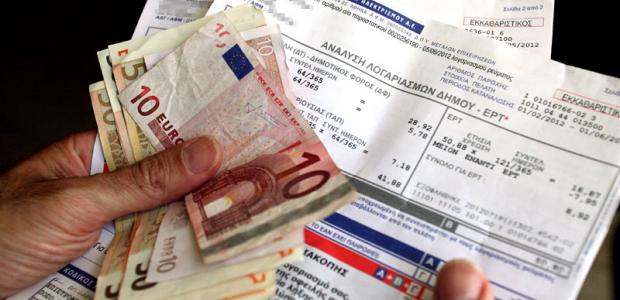The main power utility PPC’s current plan offering favorable payback terms to consumers owing overdue, unpaid electricity bills has so far failed to produce the desired results, prompting the energy ministry and the utility’s management to reexamine the offer made.
Seeking political gains, the energy ministry would like PPC to lower its electricity bill tariffs, but to do so, the utility will need to shape up its level of arrears owed by consumers, currently at an alarming level of about 2.1 billion to 2.2 billion euros. This is causing major cashflow problems at PPC.
If a solution is found to increase the utility’s collection of arrears, then price reductions for consumers could be feasible as a result of PPC’s lower operating costs, courtesy of the drastic fall in oil and natural gas prices.
The failure of PPC’s payback offer to consumers, introduced last year, has prompted the need for the utility to replan this strategy, energy ministry officials told energypress.
Although the payback plan theoretically allows PPC to offer payback deals stretched over as many as 36 installments, consumers with arrears are rarely been given over ten installments to service their electricity bill debts. Energy minister Panos Skourletis is pushing for PPC to offer consumers a greater number of installments.
Payment of a deposit demanded from households and small businesses so that they may qualify for the favorable payback program is another disincentive, despite the fact that this was reduced from 20 percent of the total amount owed to 10 percent last June. The deposit’s mere existence appears to be driving consumers with arrears away.
Furthermore, PPC does not appear to have taken into account bankrupt businesses and now-vacant households no longer being rented. The cost of this negative development needs to be calculated by PPC before it can relaunch a revised and improved payback plan.
Energy minister Panos Skourletis and the chief executive at PPC, Manolis Panagiotakis, are maintaining ongoing contact in search of solutions for a more appealing payback plan. Its implementation is expected to be imminent. If the revised version works, then officials can start thinking about reducing power bill rates, probably later this year.





